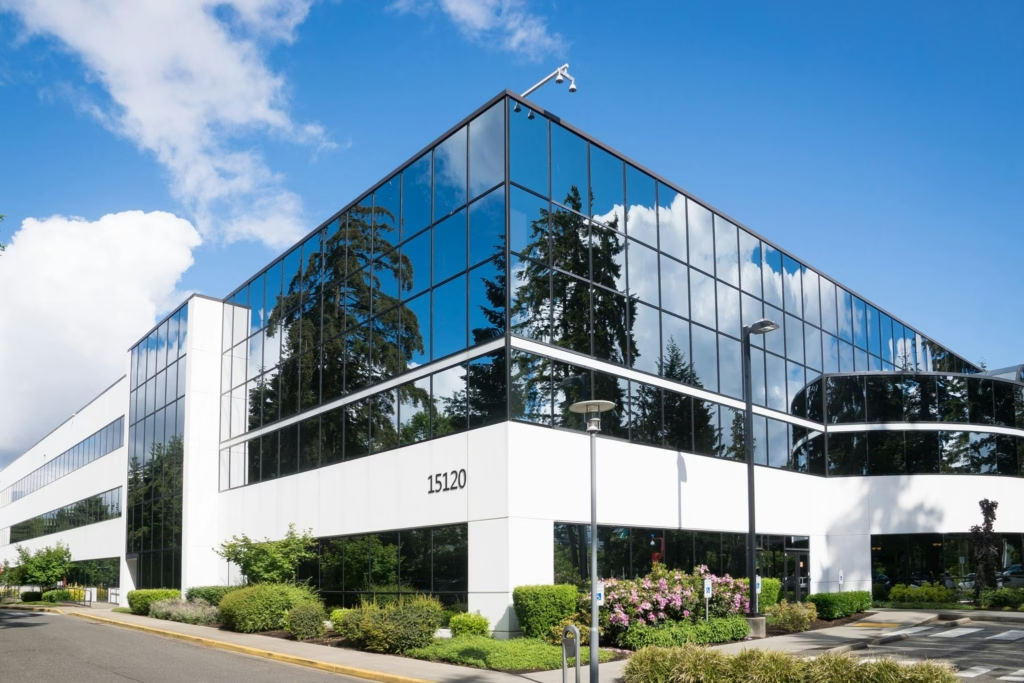Staying on top of regular inspections is essential for any business that wants to ensure a safe and efficient working environment. But how often should you schedule commercial electrical inspections? The answer depends on your industry, the age of your building, and how your electrical system is used. Below, we break down the key times you should consider calling in a licensed electrician.
1. Schedule Commercial Electrical Inspections Annually for Routine Maintenance
At a minimum, every commercial property should have an annual commercial electrical inspection. This yearly check-up helps catch wear and tear, loose connections, and outdated components before they become costly or dangerous.
2. Perform Commercial Electrical Inspections When Occupancy Changes
Any time a new tenant or owner moves into a commercial building, a commercial electrical inspection should be done. This ensures that the system meets current code requirements and is safe for the new occupant’s needs.
3. Require Commercial Electrical Inspections After Major Renovations or Equipment Changes
Installing new HVAC systems, production equipment, or even major lighting upgrades can put a strain on your electrical system. A post-renovation commercial electrical inspection ensures your infrastructure can safely support the new demands.
4. Check Every 3–5 Years for Older Buildings
If your building is over 25 years old and hasn’t been fully rewired, inspections every 3 to 5 years are highly recommended. Older wiring and panels may no longer meet current safety codes, increasing the risk of fire or power failure.
5. Schedule an Inspection After Any Electrical Issue or Power Surge
Unexplained outages, frequent breaker trips, or a major power surge are all signs that an inspection is overdue. Catching the root cause early can prevent bigger—and more expensive—issues down the line.
6. Follow Industry-Specific Guidelines
Some industries, such as healthcare, manufacturing, or food service, have strict regulations regarding electrical safety. Be sure to check local and federal codes that may require more frequent inspections than the standard.
7. Get Inspections Before Insurance Renewals or Safety Audits
Many insurance providers require proof of a recent electrical inspection before issuing or renewing policies. Scheduling an inspection ahead of time ensures you won’t run into delays or higher premiums.
Final Thoughts
Staying proactive with your commercial electrical inspections not only keeps your business code-compliant—it also protects your employees, customers, and property. Whether you’re dealing with aging infrastructure or recent renovations, keeping a regular inspection schedule is a smart investment in your business’s future.
*Go back to Point B Electrical Services home page…
*Discover the latest updates, promotions, and expert electrical tips by visiting Point B Electrical Services Facebook page today!


